If you have kids you have probably had conversations similar to this - “Don’t throw that out, put it in the dustbin otherwise you’re polluting the environment” or “Don’t waste electricity - we only have one planet”. So whether you realize it or not, you have already started to broach the topic of sustainability. But, in order to ensure that they grasp the concept fully and don’t get overwhelmed with eco-anxiety, we outline ways to get them involved.
But first, why it's important to talk about sustainability with your children.

Education plays a crucial role in promoting sustainability. By educating our children about sustainable practices, we not only improve their well-being but also make a significant contribution to the health and sustainability of our planet.
One of the most inspiring aspects of teaching sustainability to children is that it can spark a real passion within them. When they learn about the positive impact they can make, it's incredibly motivating, and they become eager to take action. And as we all know, kids have boundless energy and enthusiasm, so why not put that energy towards making our world a better place?
Plus, it's a wonderful opportunity to instil valuable life skills in children. By encouraging them to be environmentally conscious, we're helping them develop critical thinking skills and problem-solving abilities. These are essential skills for our children's future, and by teaching them about sustainability, we're giving them a head start in life.
But perhaps the most significant benefit of teaching sustainability to children is that it helps to create a better future for our planet. As the next generation of leaders, they will have the knowledge and tools to create a sustainable and thriving world. Imagine a future where everyone is mindful of their environmental footprint, and we all work together to make our planet a healthier and happier place to live. That's a future worth working towards!
So how does one go about teaching their child about sustainability? Here are some fun and interactive ways to get started.
-
Lead by example: Children learn by watching their parents and caregivers. If you want to teach your children about sustainability, make sure you practice what you preach. Show them how to recycle properly, turn off the lights when leaving a room, and save water whenever possible. These little actions can go a long way in teaching your child about sustainability.
 image : Photo by Monstera from Pexels:
image : Photo by Monstera from Pexels:
-
Turn it into a game or competition: Whether it is at home amongst your kids or in your school or community, gamification is a great way to keep the little ones engaged. You can challenge the kids to see who can save the most water in a week, or who can create the most useful item from recyclable materials. Not only does this encourage creativity, but it also teaches them the value of repurposing items.
- Explore nature: Go on hikes, visit parks, or take them to the beach. Teach them to appreciate and respect the environment by showing them its beauty and importance.
- Get involved in community events: Join a tree planting project, a beach cleanup, or a recycling drive. This shows them how they can make a difference in their community and helps them feel empowered to take action.
 Image: Photo by Ron Lach from Pexels:
Image: Photo by Ron Lach from Pexels: -
Play sustainability games: Plus there are tons of interesting products out there that can help you teach your kids about sustainability. Check out games like "The Ecostatement", which is a Singapore-based business that has created sustainability focused games such as The Karang Guni Trail Board Game and RecycleRight Card Game- a great way to have fun and also be learning. If your kids prefer video games there are quite a few they can check out too! We particularly love Recycle City and Profit Seed.

Image: Photo by Julia M Cameron from Pexels:
-
Start to plant a garden: Get them plantable stationery from Left-Handesign and let them choose which vegetable or herb they want to grow. Watching their plants grow and harvesting the fruits of their labour is a great way to teach them about sustainability and the importance of caring for our planet. You can now choose from 8 amazing herbs like Tomato, Morning Glory, Okra, Spinach, Mustard Seeds, Onion, Fenugreek, and Eggplant.
 Image: Photo by Antoni Shkraba from Pexels:
Image: Photo by Antoni Shkraba from Pexels:
So there you have it, a guide to teaching your kids about sustainability. By teaching our children about sustainability, we're not only helping them to become responsible and environmentally-conscious citizens, but we're also setting them up for a better future. What are you waiting for? Get started today!
Every month, we will be exploring the different seeds we offer and how they can help you reflect, meditate and plan ahead. You can use these questions as a starting point for journaling or conversations with friends, or just to think about.
Seeds of Inentions
This month's featured seed is the wildflower, chosen to commemorate International Women's Day and honour the strength and diversity of women. Wildflowers refer to a range of flowers that grow in natural habitats without human intervention. They are often linked to characteristics like freedom, independence, and resilience, as they can flourish in harsh conditions without any external support. Specifically, they are often linked to the feminist movement as they represent the power of women to break free from societal constraints and forge their own paths in life. March, with the arrival of spring and summer, is the ideal time for wildflowers to flourish.
- Write about an important woman in your life who you are grateful for. What do you admire about this person, why have they had such an impact on your life, and what would you like to tell them?
- How have you flourished in harsh conditions in the past? What things have allowed you to bounce back in the face of adversity?
- In what aspects of your life would you like to be more independent? How can you start to achieve it?
Share it with us via email at grow@left-handesign.com. We’re eager to know!

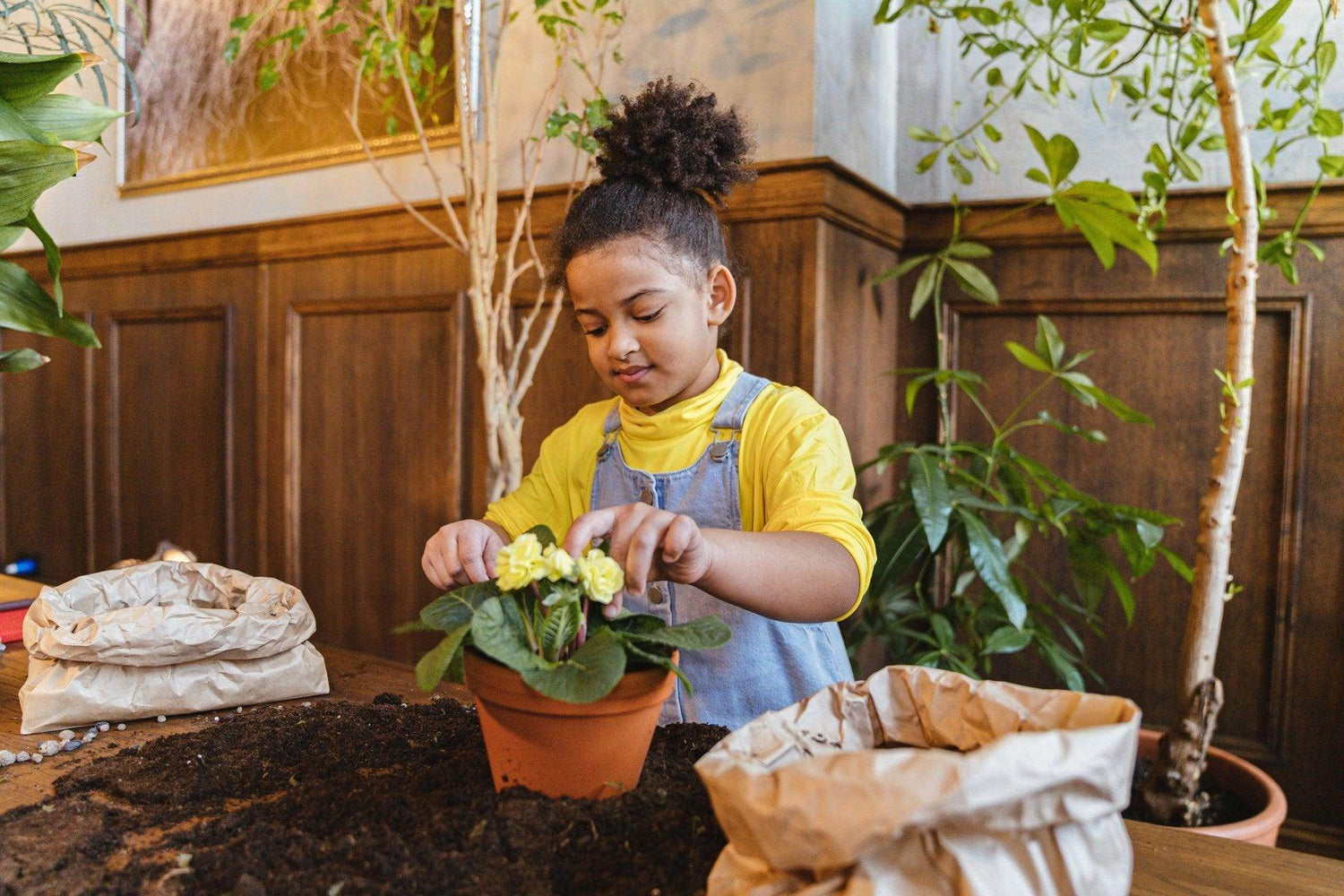
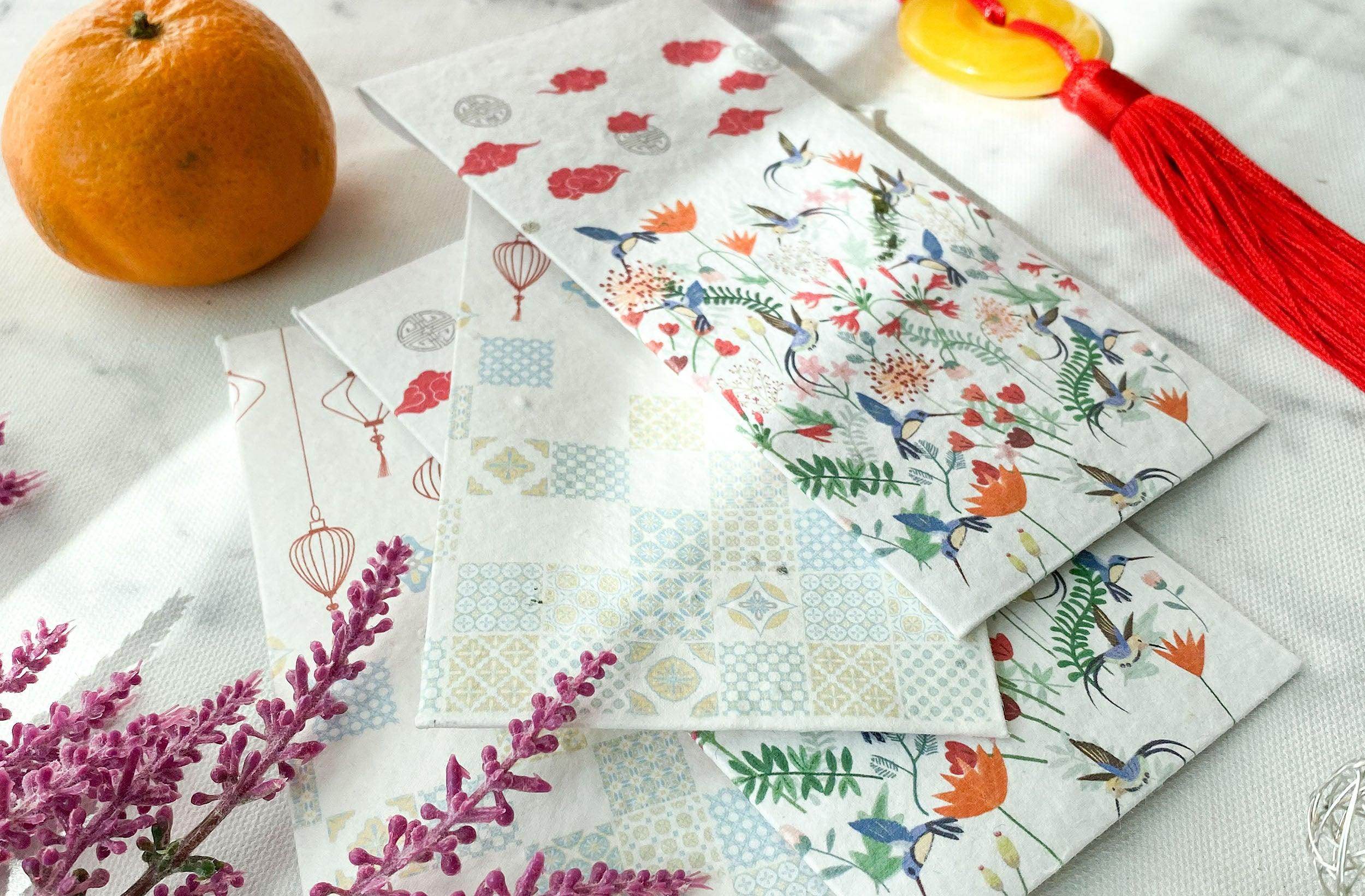

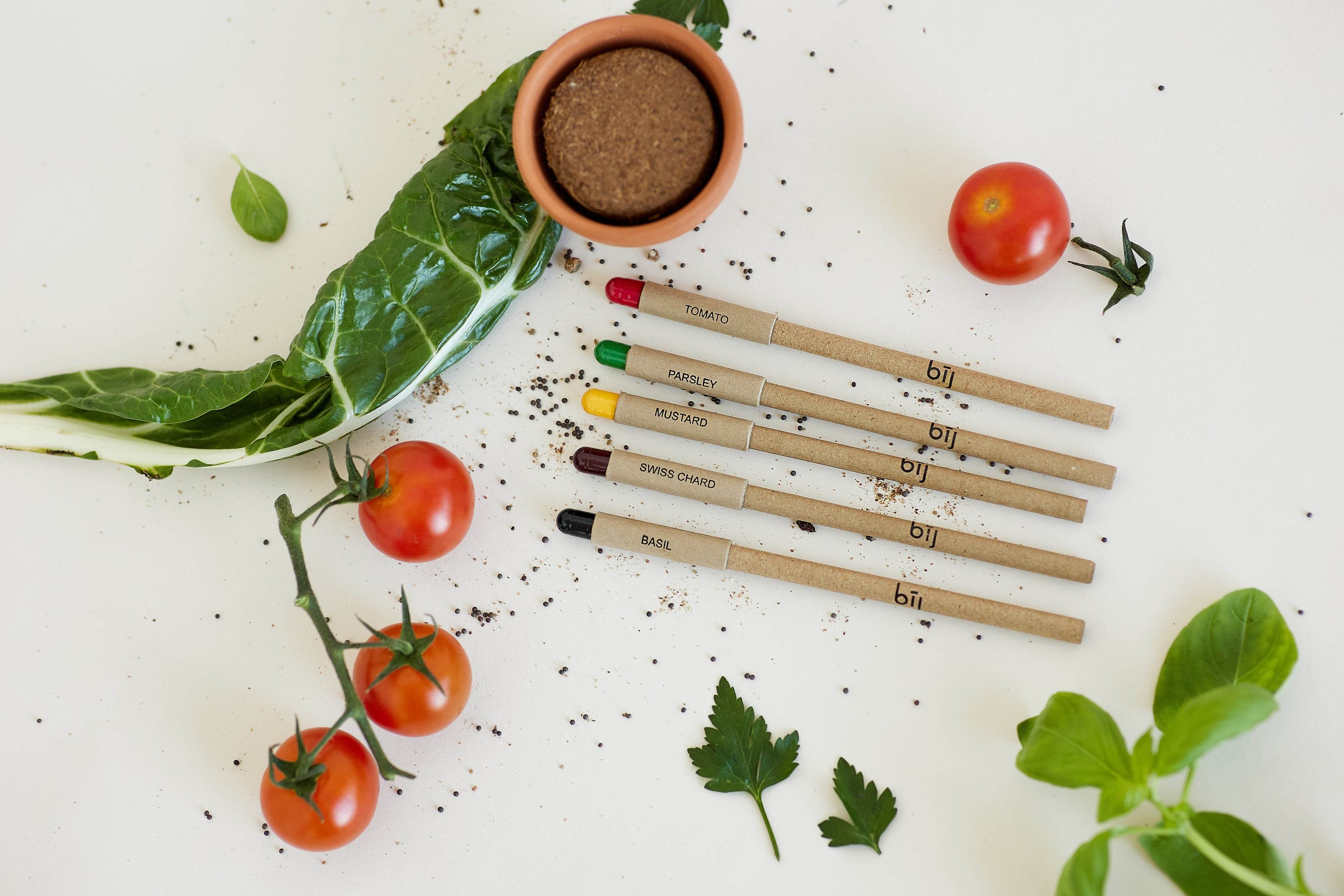
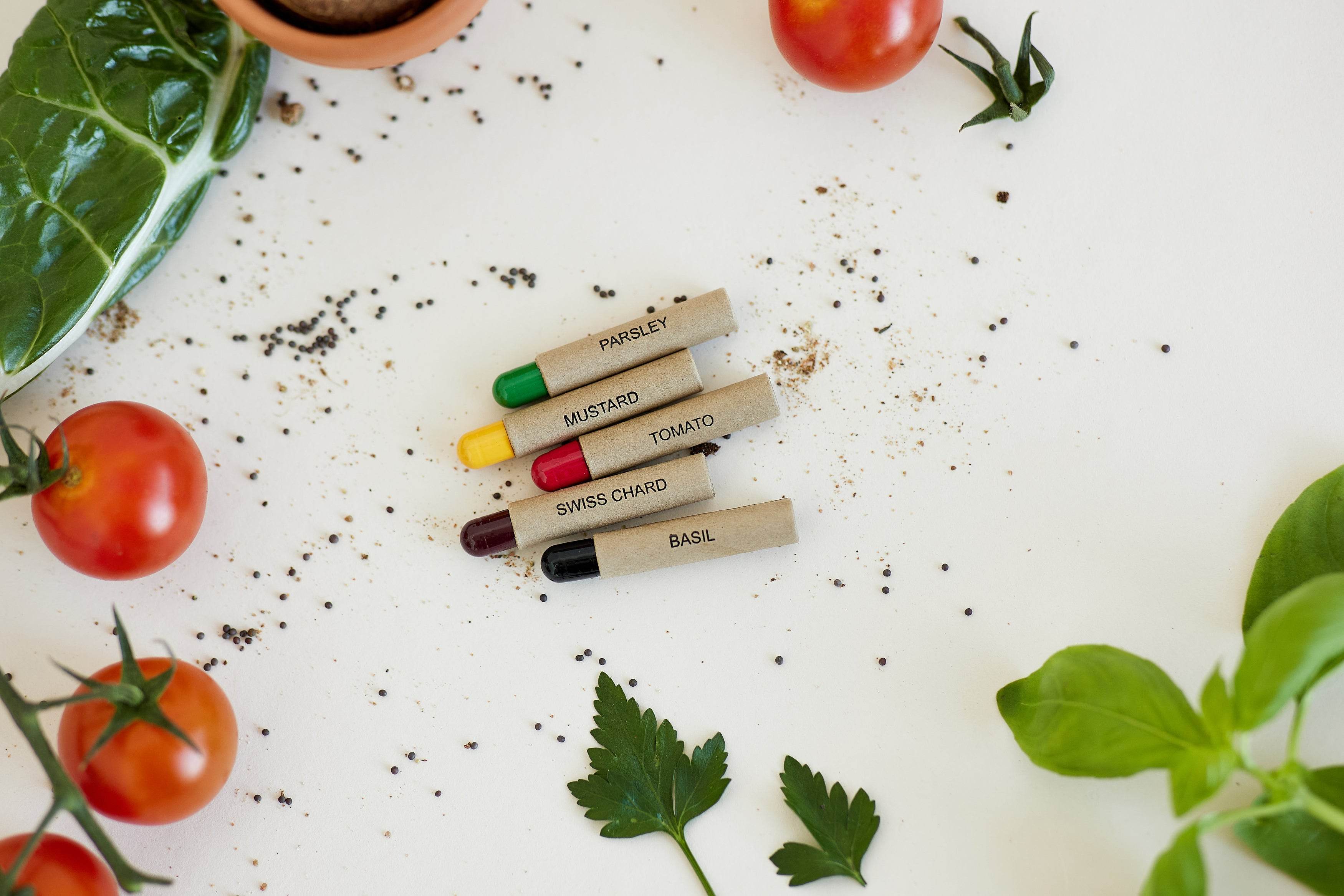
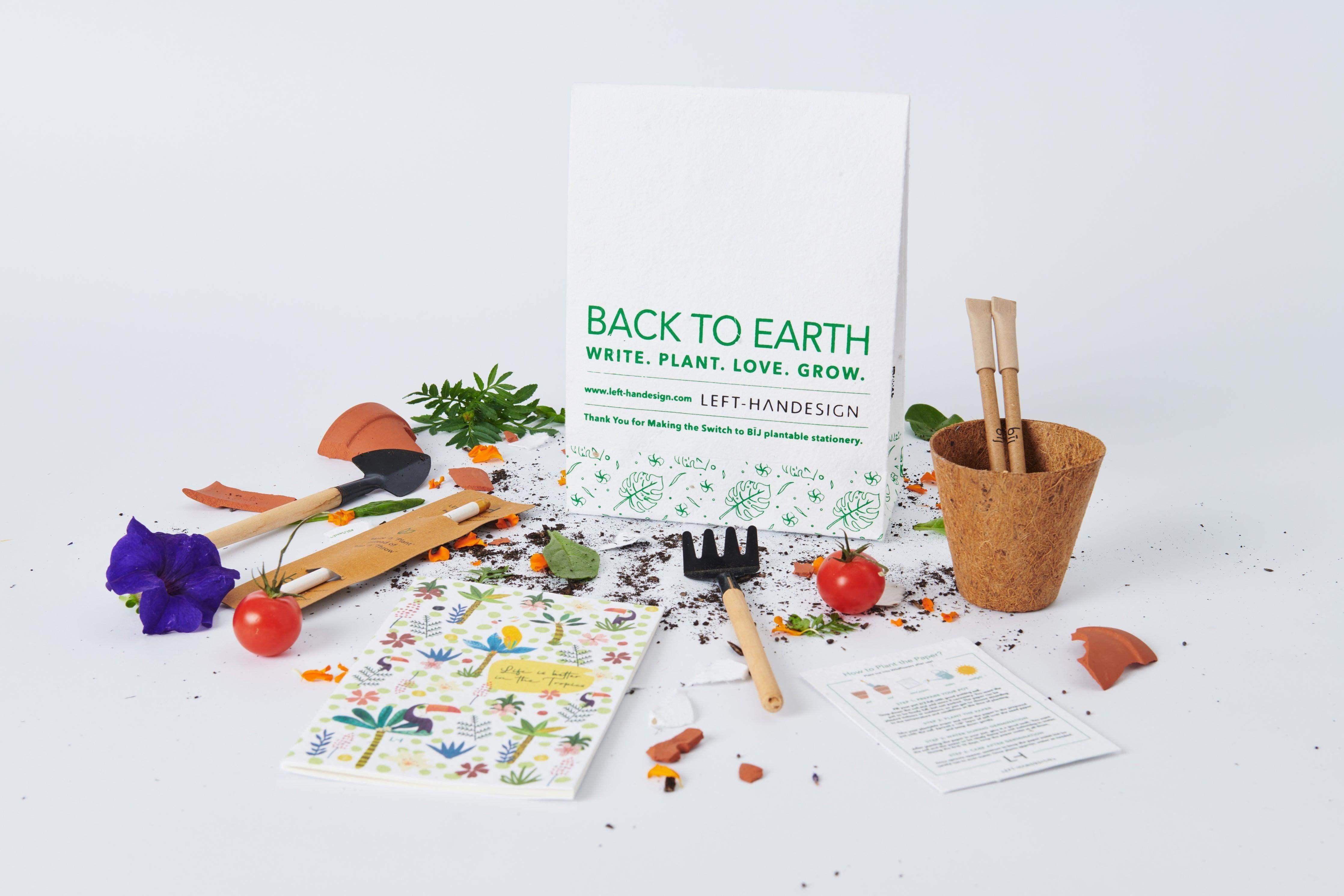

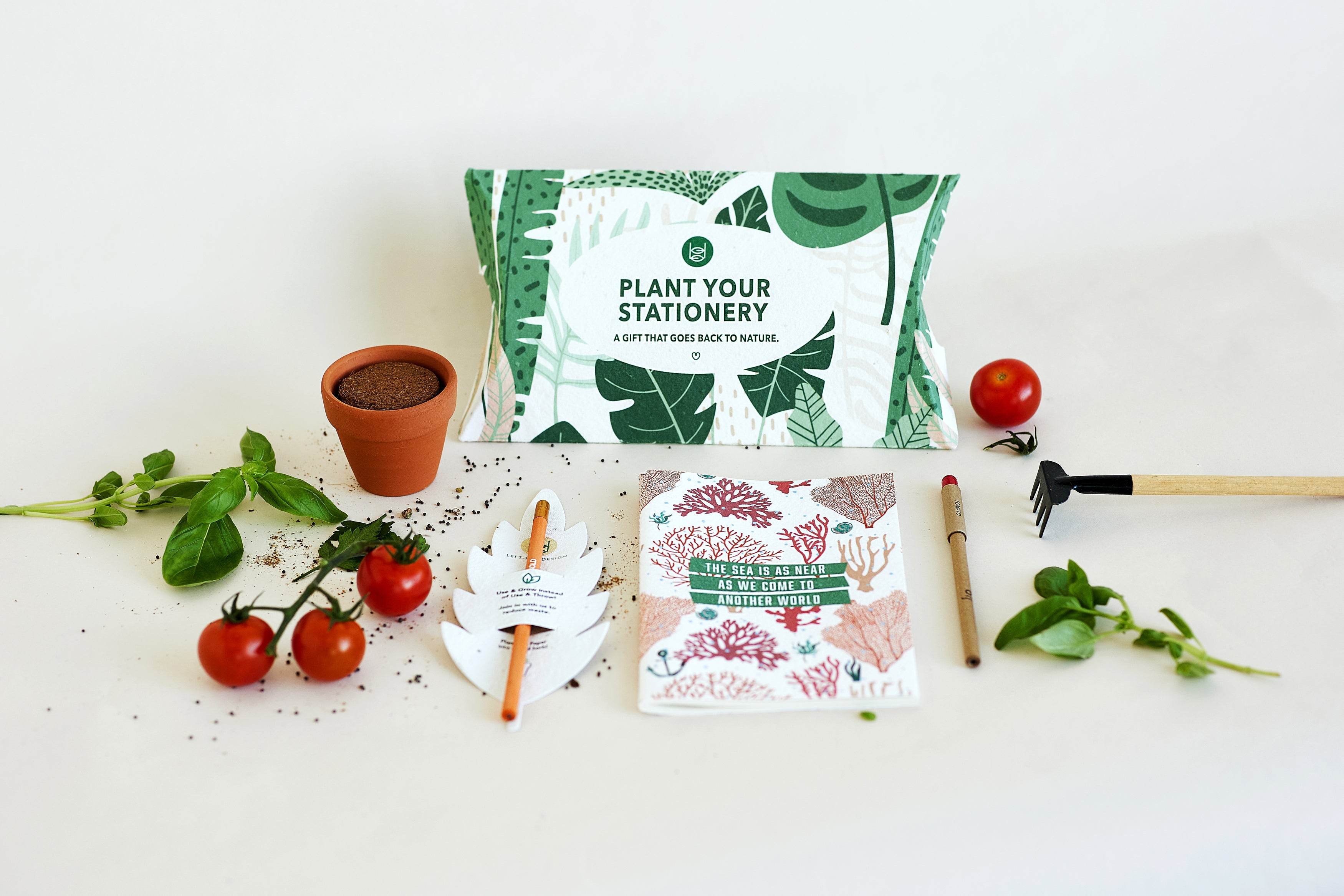
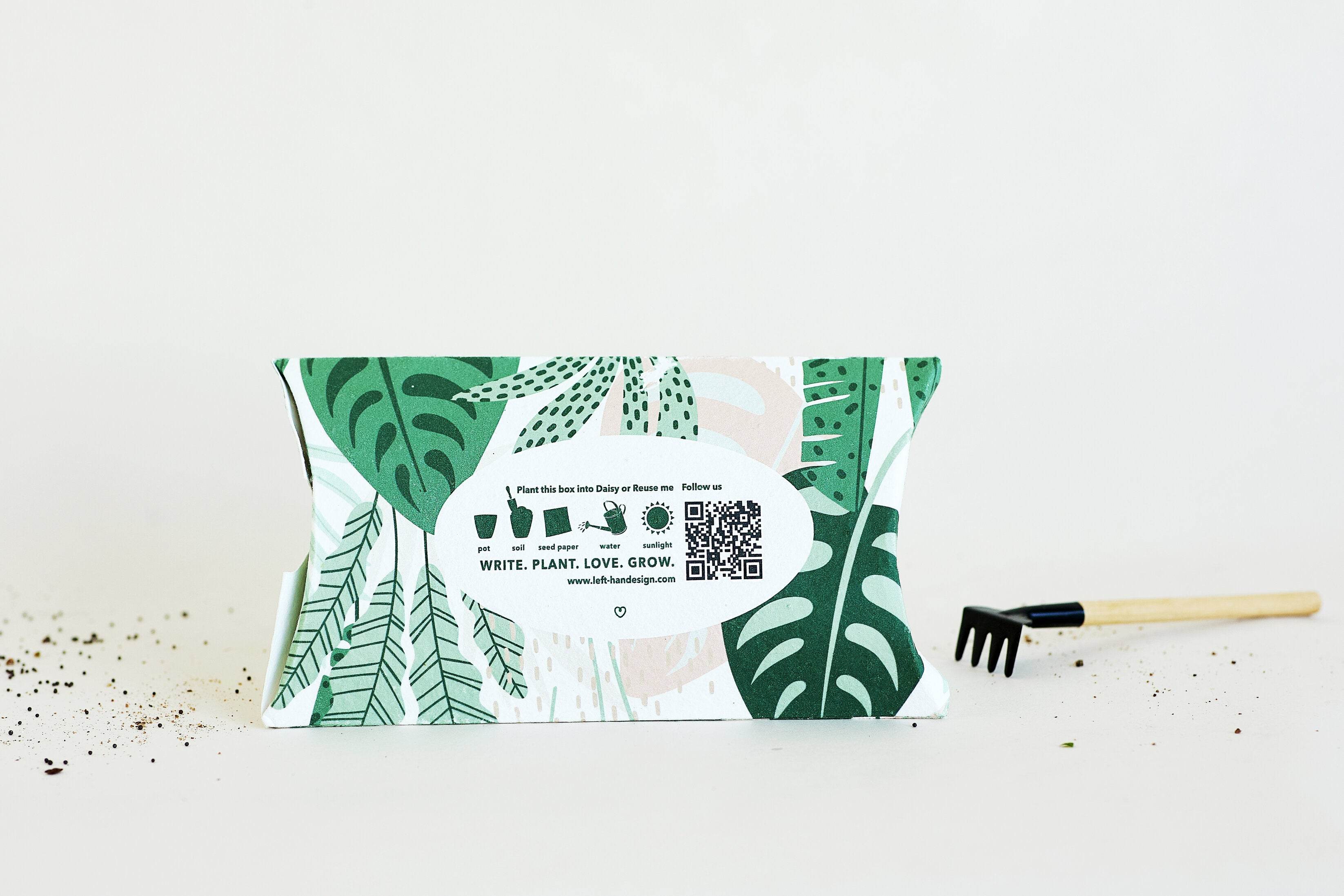
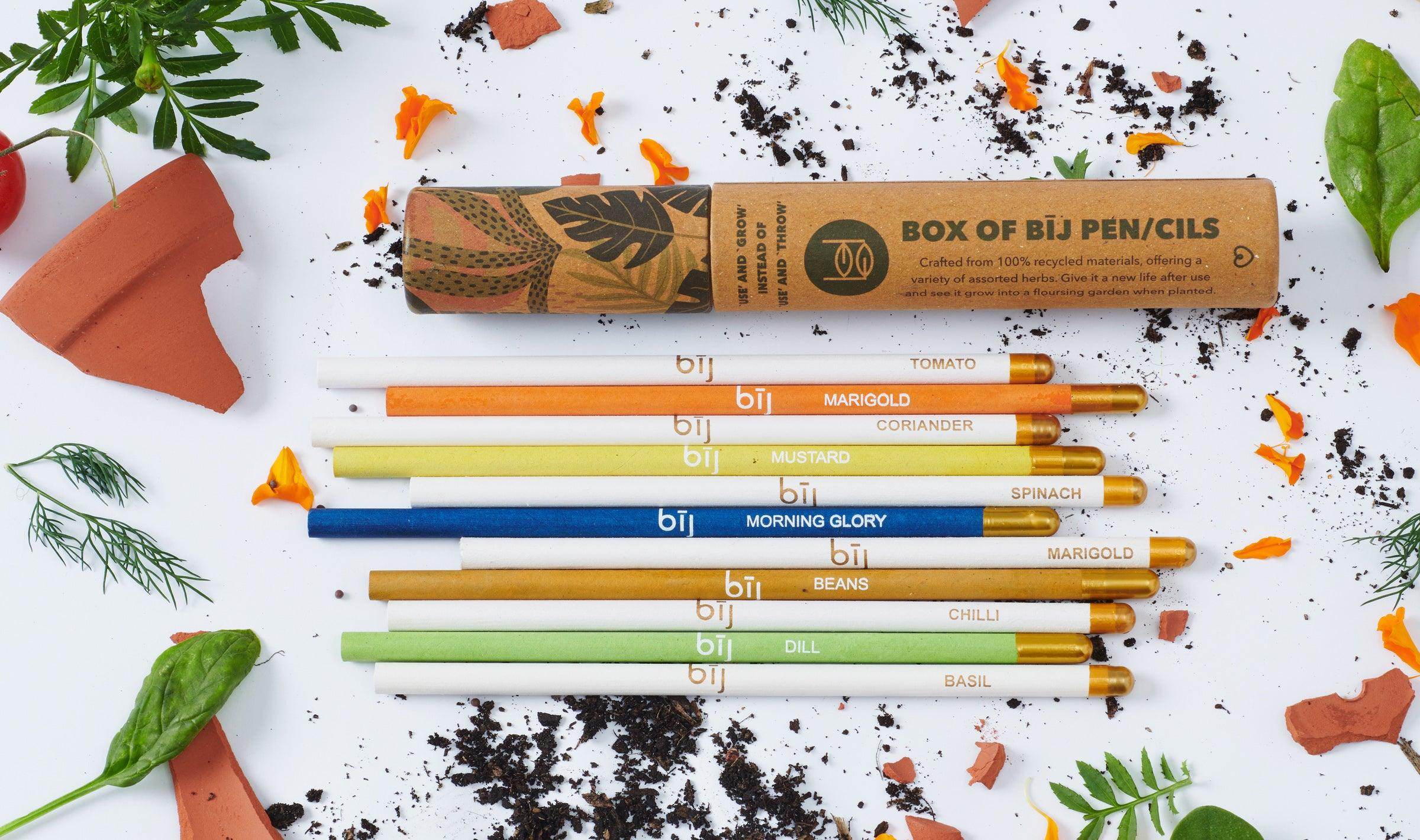
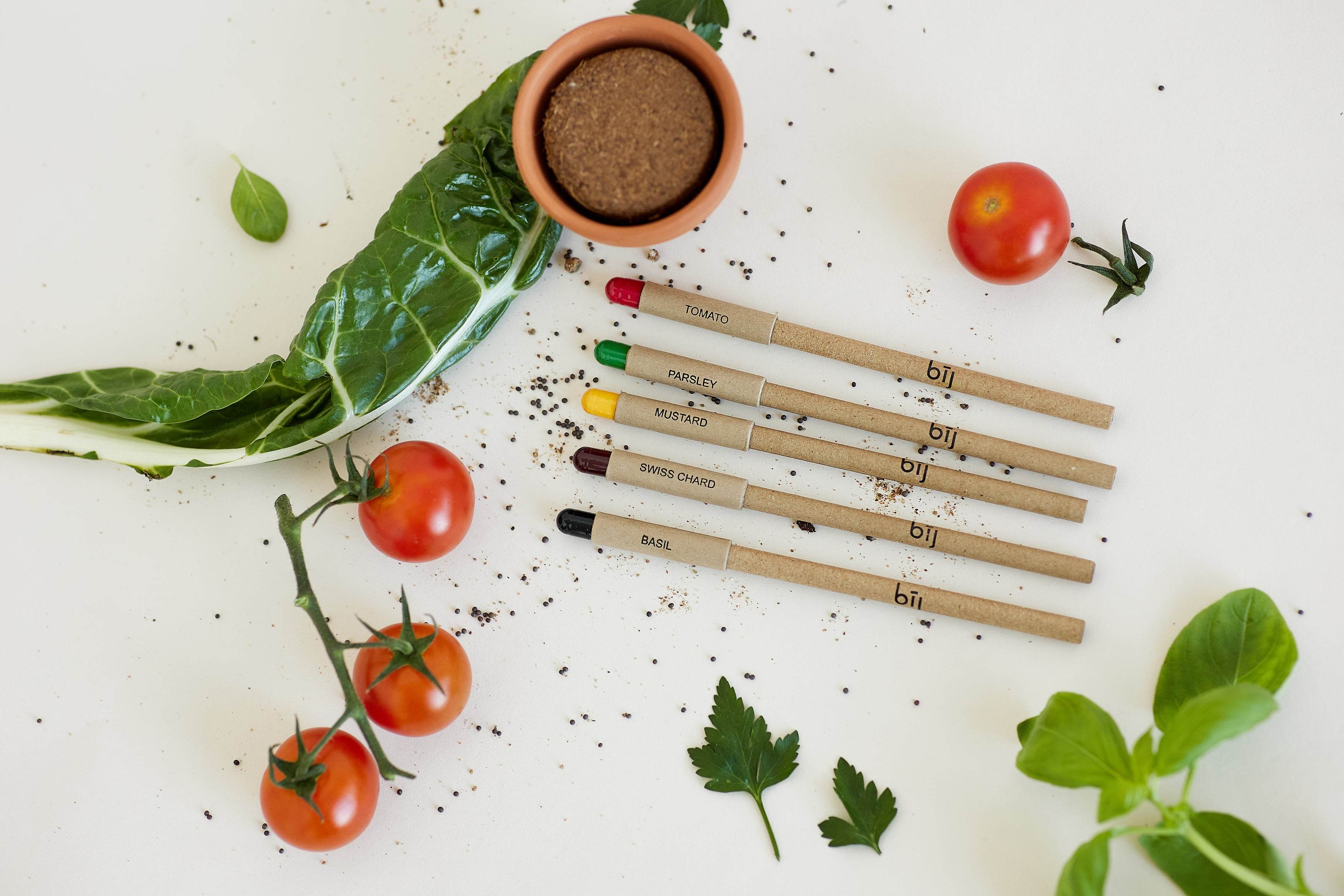
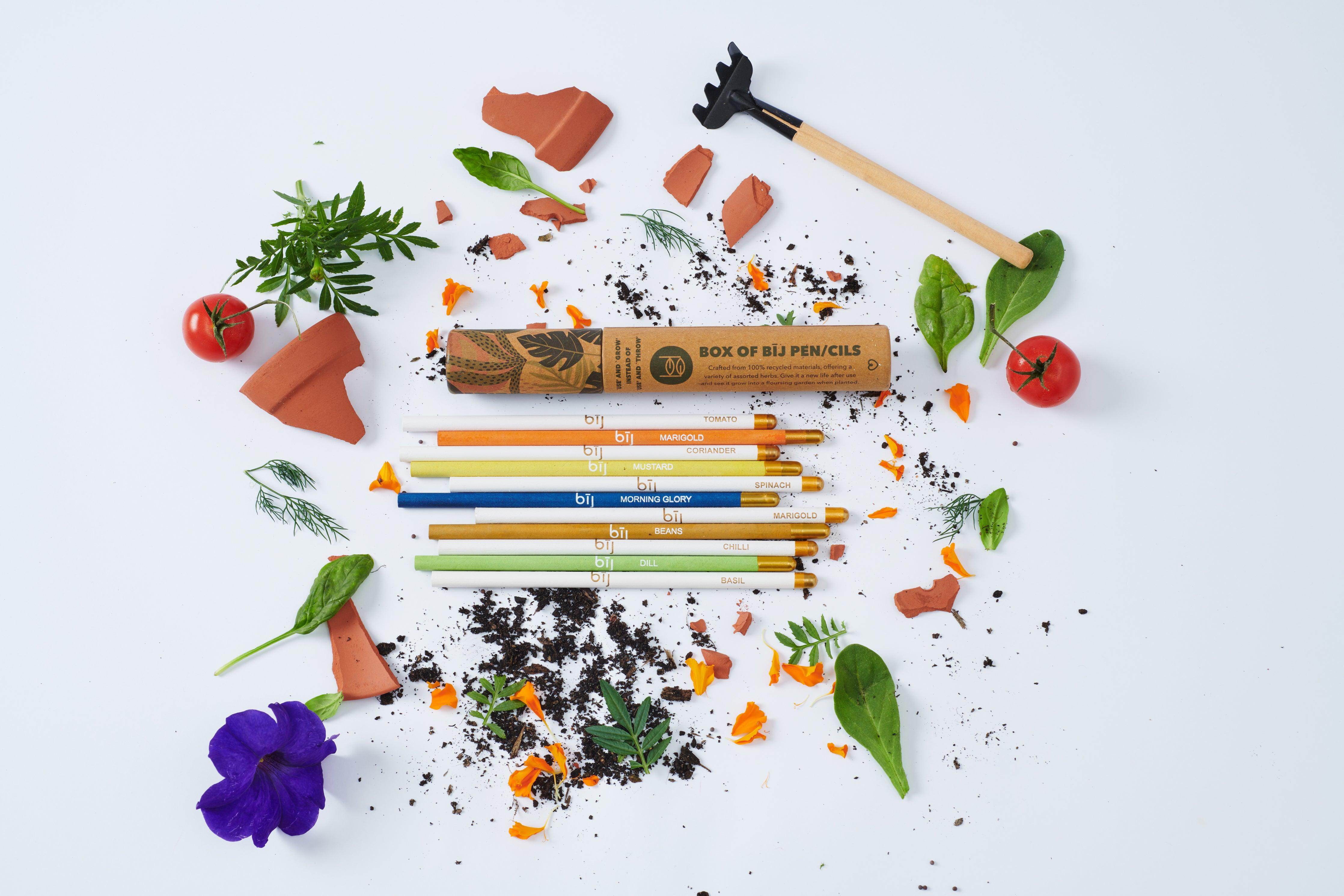

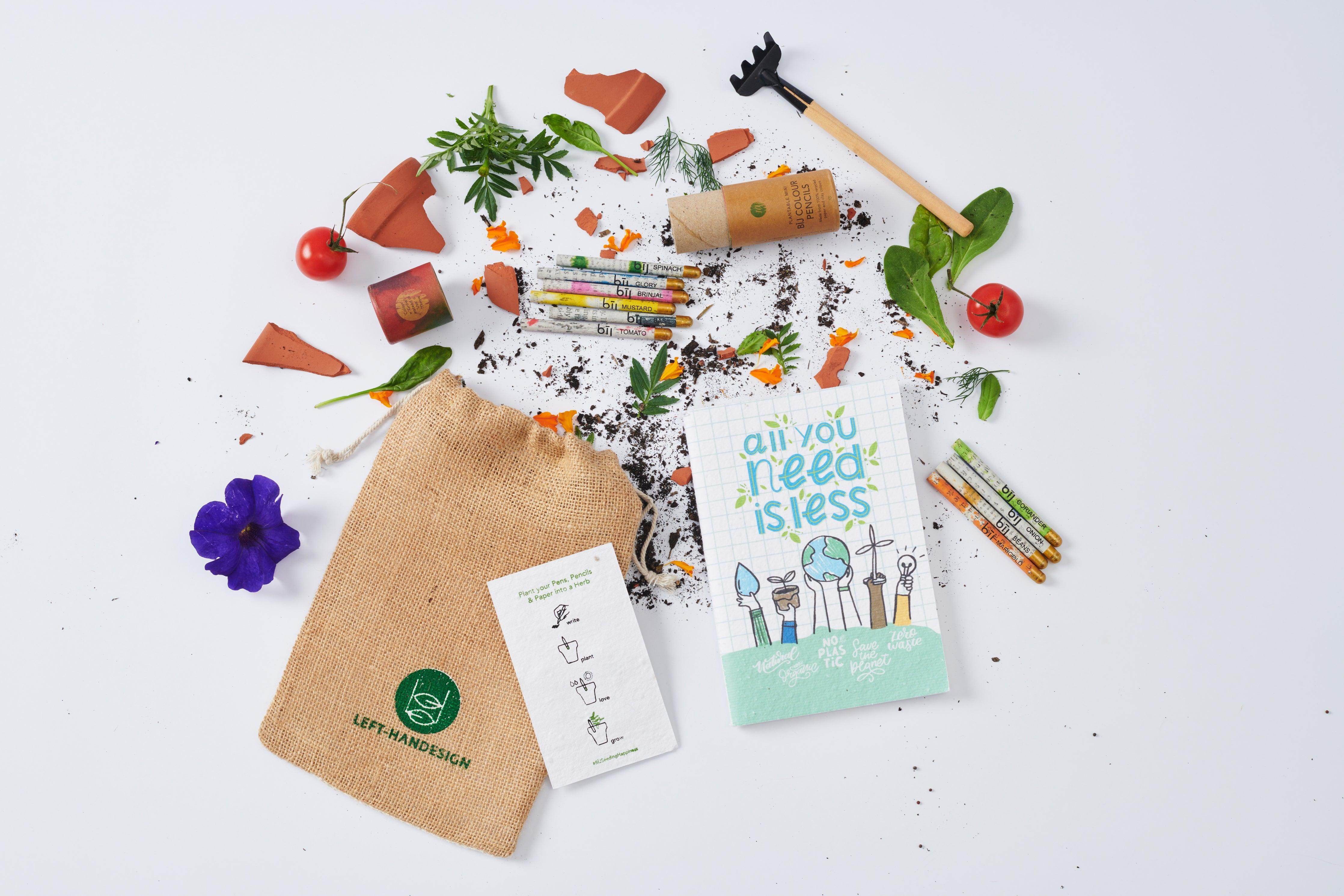
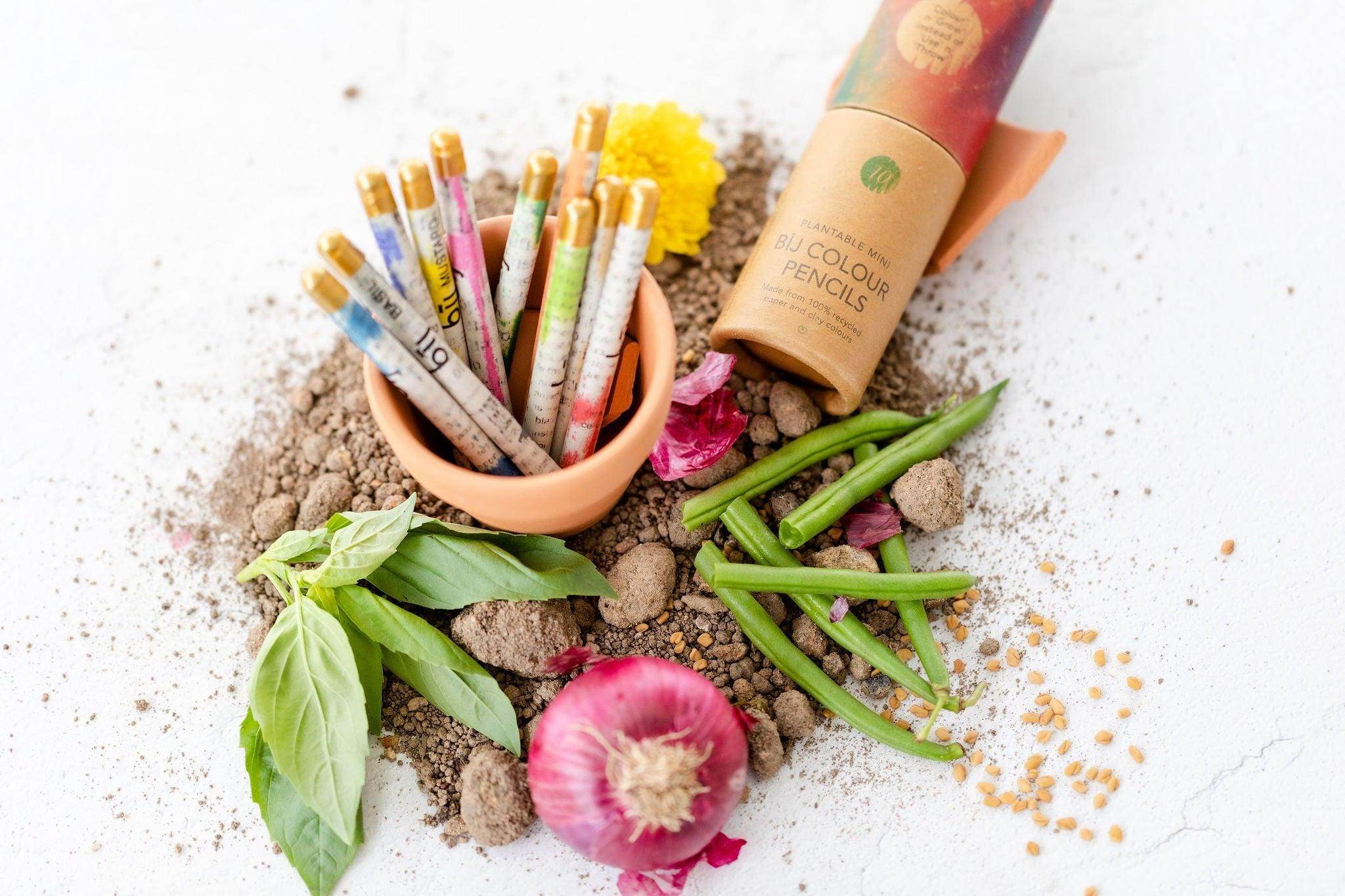
Leave a comment
All comments are moderated before being published.
This site is protected by hCaptcha and the hCaptcha Privacy Policy and Terms of Service apply.